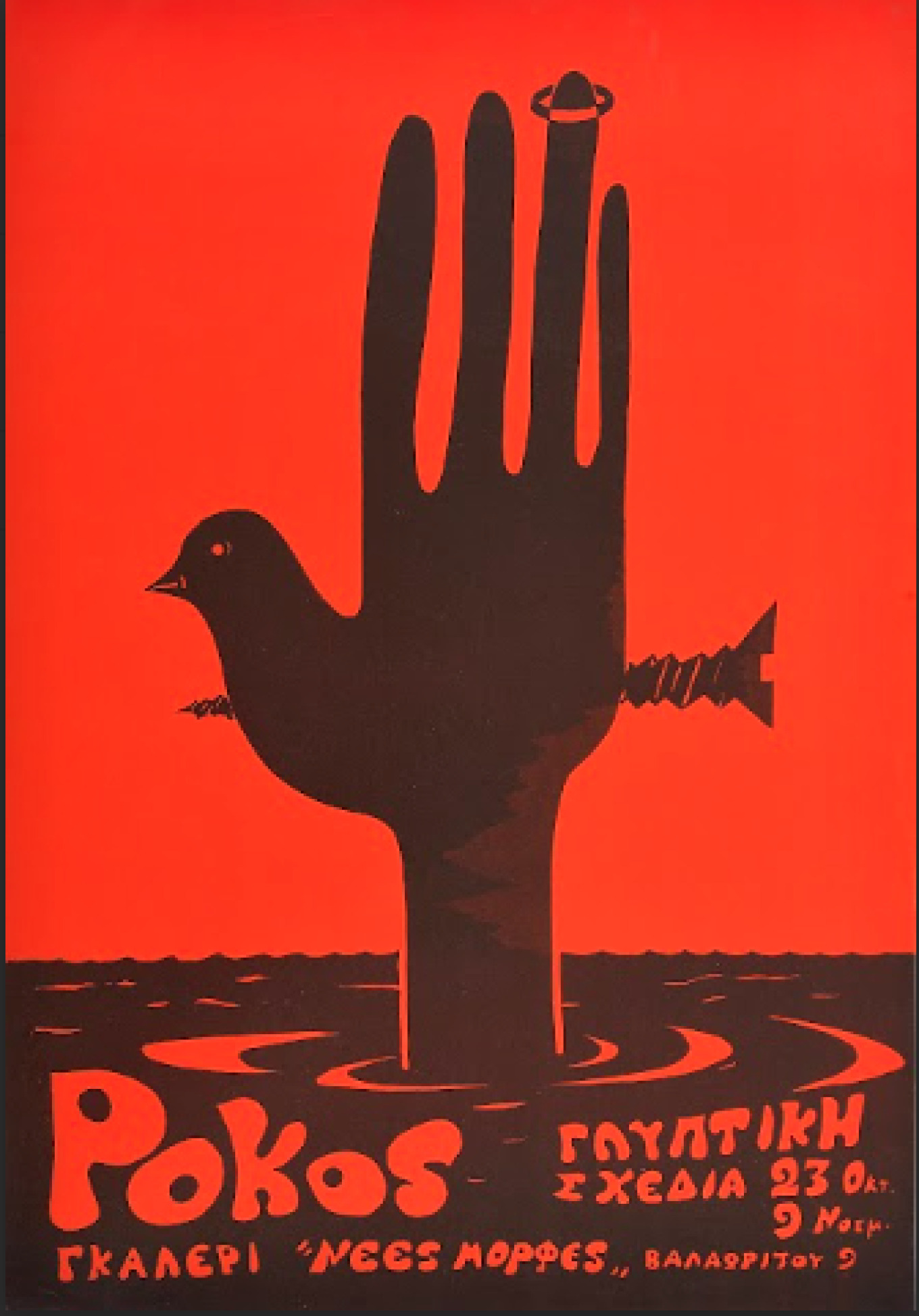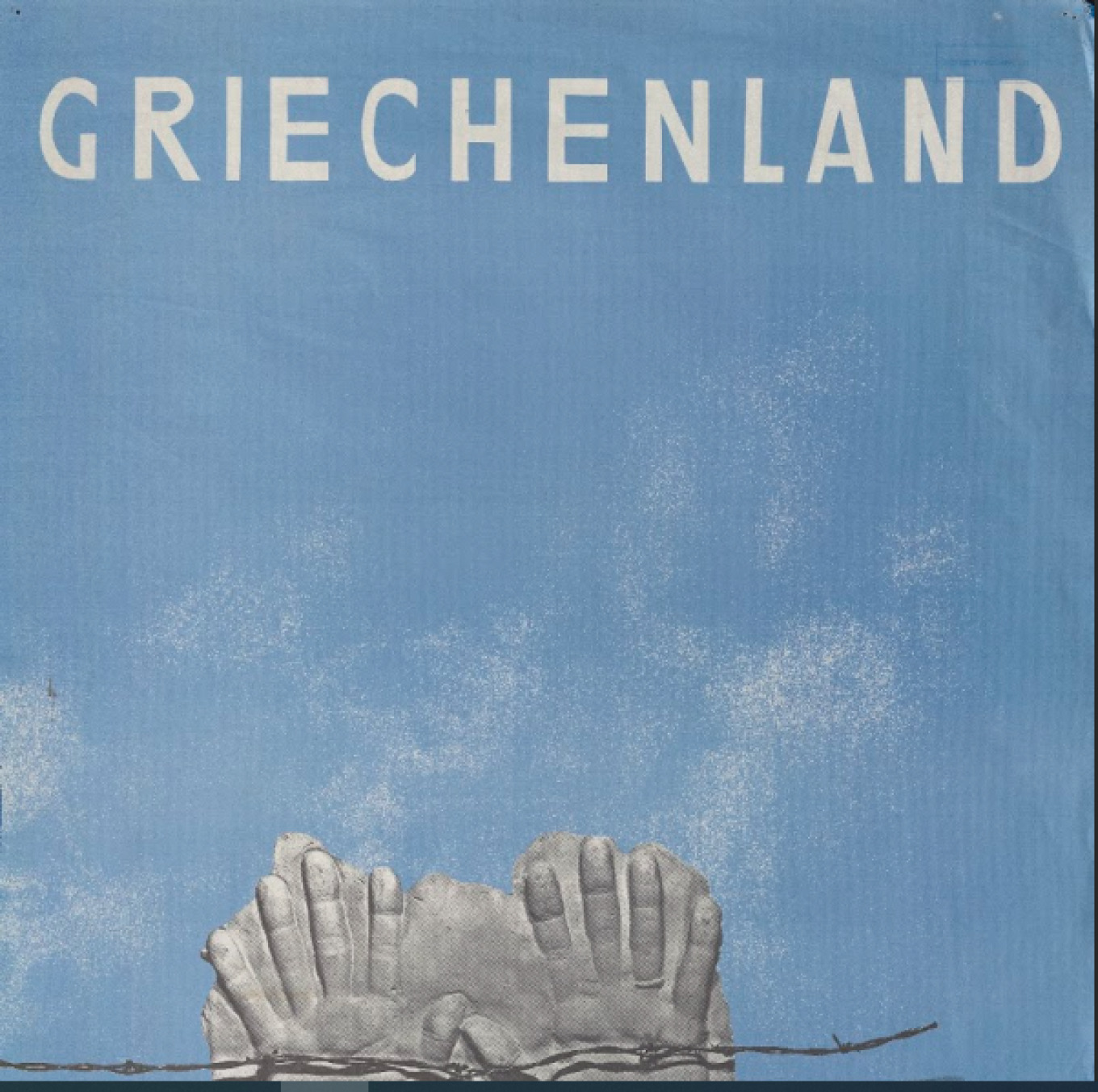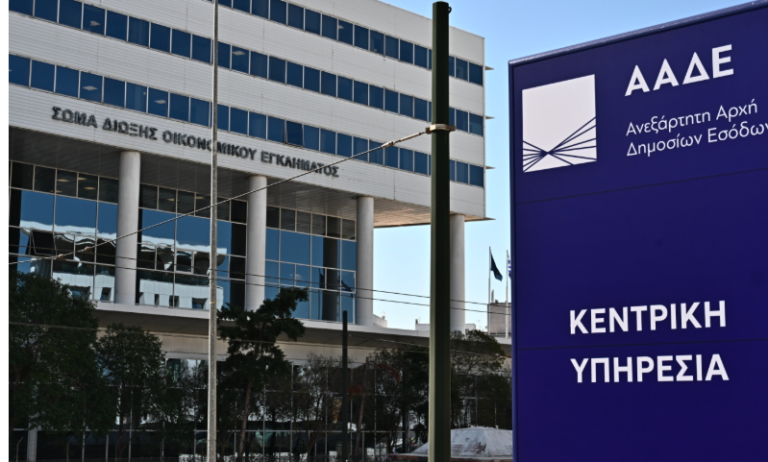Fifty years after the fall of the dictatorship of April 21 and the establishment of Democracy, the significance of posters as both an artistic and political creation gains particular relevance through the exhibition titled “Democracy on the Streets: Poster Exhibition 1967-1981,” organized by the Institute of Contemporary Greek Art, a branch of the National Gallery and Alexander Soutsos Museum, in collaboration with the Archives of Contemporary Social History. The exhibition will run from October 29 to January 10 at its exhibition space (9a Valaoritou Street, Athens), with free admission for the public.

Even though during the dark years of the junta, the regime used posters as propaganda to spread its ideology and legitimize its authoritarian policies, posters became a primary weapon in the anti-dictatorship struggle, conveying messages of freedom and democracy both in Greece and abroad. In the early years of the establishment of democracy, posters captured ideologies, political and social movements, cultural events, and initiatives. They gave voice and artistic form to ideas and movements, serving as a means of democratic expression within Greek society.
This exhibition presents posters from various organizations and collections, telling stories from an exciting period. The anti-dictatorship posters, with their open calls for solidarity with the Greek people and resistance to oppression, intersect with demands for the swift establishment of democracy, punishment of the guilty, and de-juntification. Alongside them are post-dictatorship posters, with their colorful slogans, demanding more democracy and freedoms. Posters reflecting artists’ visual actions during the period shape the visual representation of democratic demands. Rare political and artistic posters are accompanied by photographic documents, unique objects from different eras, and audiovisual materials, creating a multi-thematic dialogue about ideas, artistic expression, and Democracy.

This exhibition is part of the parallel program of the thematic exhibition “Democracy,” which is being held at the main building of the National Gallery – Alexander Soutsos Museum.
Selected posters from the Archives of Contemporary Social History (ASKI), the Institute of Contemporary Greek Art (ISET), and other organizations and collections, tell stories from this fascinating period. The anti-dictatorship posters with their open calls for solidarity and resistance intersect with demands for the swift consolidation of Democracy, while post-dictatorship posters, with their colorful slogans, advocate for greater political and social freedoms. Posters from artists’ visual actions during this period frame the artistic rendering of democratic demands. These rare political and artistic posters are framed by photographic documents, unique objects from different eras, and audiovisual material in a multi-faceted conversation about ideas, artistic expression, and Democracy.
Ask me anything
Explore related questions





